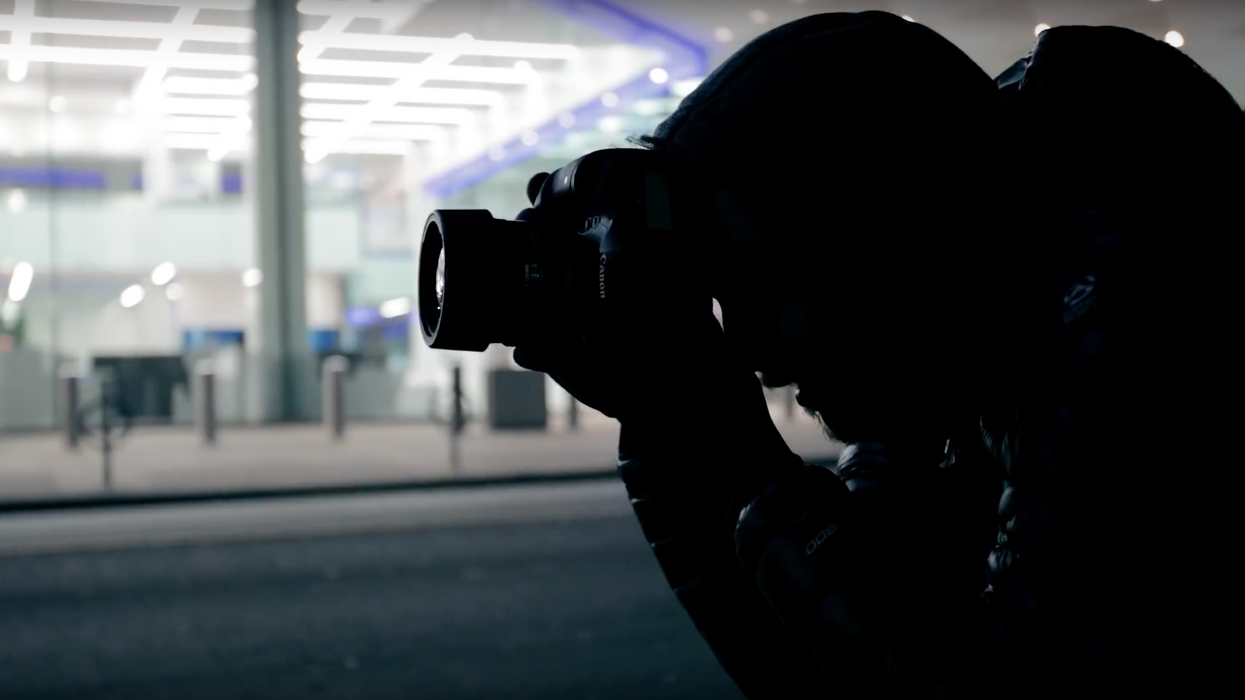5 Tips That Will Help You Nail Your Night Shoot
Shooting at night can result in beautiful images but it comes with a unique set of challenges.

Anyone who has ever shot a nighttime scene knows that that means more work. You've got to bring in more light to make up for the natural lack thereof. You might have to use different gear, including cameras and lenses, that are sensitive or capable of capturing as much light as possible. The list is virtually endless. However, if your budget won't allow you to rent a studio lighting kit or your camera doesn't have the latitude that you'd prefer it to have, there are some things you can do to make your night shoot more successful. In this video, Matti Haapoja from TravelFeels gives you several tips on how to do just that.
The main issue that you're going to have to deal with on a night shoot is obviously the lack of light. Making sure that you have enough to properly expose your shot is crucial if you want to capture crisp, vivid, beautiful images, and you don't necessarily have to use big, heavy, expensive studio lights to do it. The tips from the video require as little gear as possible, which is definitely good news for those who may be doing a run-and-gun shoot with little gear or who may be shooting solo.
- Use a fast lens: Fast lenses let in a whole lot of light. F1.4 is a great choice, but there is wiggle room here depending on how sensitive your camera's sensor is.
- Find a light: If you don't have any small, battery-powered lights with you, you can always search for some existing lighting. Street lights are good, but not very flattering. You should try finding a good storefront or something along those lines that offer a softer, more appealing light.
- Silhouette your subject: If you can't find a light, try silhouetting your subject. Allow the lights in the distance to create a beautiful bokeh that can stylize your shot.
- Don't set your ISO too high: It's tempting to crank that ISO as high as it goes so you can actually see your subject, but try to resist. You'll just end up with some muddy, noisy images that may not be able to be salvaged with a denoiser in post.
- Avoid slow motion: The more frames per second you shoot at the more light you'll need.
Another thing to think about is your choice of camera. Now, a lot of you may not have an option to rent or buy a camera that has a sensitive sensor that can give you a lot of latitude, but if you do, try to get one with a high enough ISO that shooting in low-light ain't no thang.
What are some other tips for shooting at night? Let us know down in the comments.
Source: TravelFeels











